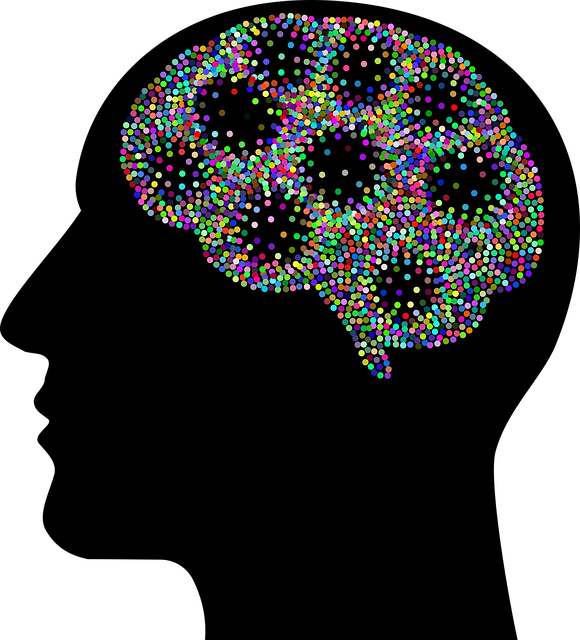Resilience, crucial for mental wellness, helps individuals overcome life's challenges. The Resourceful Fronting Method (RFM), effective for German-speaking communities, reframes negative thoughts into adaptive perspectives, fostering coping skills and empowerment. Tailoring therapy to cultural contexts through community outreach programs, multilingual resources, and workshops enhances accessibility and impact, aligning with the growing normalization of mental health discussions in Germany. Strategic implementation, measured through participant feedback and skill assessments, coupled with public awareness campaigns, promotes a supportive environment for personal growth.
“Resilience is a powerful tool in navigating life’s challenges, especially for German-speaking communities. This article delves into the concept of RFM (Resourceful Adaptation Model) as a framework for building mental fortitude. We explore how tailored resilience-building exercises can significantly enhance coping mechanisms within this demographic. By examining the design process and implementation strategies, therapists and professionals can effectively deliver therapy to foster resilience, ultimately empowering German-speaking individuals to face life’s storms with greater ease.”
- Understanding RFM and Its Impact on Resilience
- Designing Effective Resilience-Building Exercises for German Speaking Populations
- Implementation Strategies: Overcoming Challenges and Measuring Success
Understanding RFM and Its Impact on Resilience

Resilience is a vital component of mental wellness, enabling individuals to navigate life’s challenges with adaptability and bounce back from setbacks.
RFM (Resourceful Fronting Method), a therapeutic approach tailored for German-speaking communities, offers a powerful tool in building this resilience. By focusing on reframing negative thoughts and perceptions into more adaptive ones, RFM empowers individuals to confront difficult situations with a sense of agency and hope. This method has proven effective in Mental Health Policy Analysis and Advocacy, highlighting its potential to enhance the coping mechanisms of individuals within diverse cultural contexts.
Designing Effective Resilience-Building Exercises for German Speaking Populations

Resilience-building exercises tailored for German-speaking populations require a nuanced approach that considers both cultural norms and psychological principles. In Germany, where therapy and mental health discussions are becoming increasingly normalized, exercises should be integrated into existing healthcare systems. Healthcare provider cultural competency training is essential to ensure these activities resonate with diverse communities while addressing unique needs. Incorporating coping skills development through interactive workshops or group sessions can foster a sense of community and shared resilience, leveraging the strength of German-speaking culture’s emphasis on communal support.
Community outreach program implementation plays a vital role in delivering these exercises effectively. By reaching individuals where they are—be it through schools, workplaces, or local community centers—resilience training becomes more accessible. Using multilingual resources and inclusive practices ensures that therapy for German-speaking populations is not only culturally sensitive but also impactful. This approach aligns with the goal of coping skills development, empowering individuals to navigate challenges with enhanced resilience.
Implementation Strategies: Overcoming Challenges and Measuring Success

The successful implementation of RFM (Resilience, Flexibility, and Mental Health) exercises requires a strategic approach, especially when navigating cultural nuances. For German-speaking communities, offering tailored therapy services is essential to overcoming potential challenges. One effective strategy involves adapting exercises to resonate with cultural contexts, ensuring accessibility and appeal. This may include incorporating elements of traditional practices or addressing specific concerns relevant to the community.
Measuring the success of such initiatives is crucial for ongoing improvement. By evaluating participant feedback and tracking emotional intelligence development, as well as improvements in social skills training through pre-post assessments, therapists can gauge the impact of RFM exercises. Public awareness campaigns development can further enhance this process by promoting open conversations about mental health, fostering a supportive environment where individuals feel empowered to seek support and measure their personal growth.
The implementation of RFM (Resilience-Building Exercises) in therapy for German-speaking populations offers a promising approach to fostering resilience. By understanding the impact of RFM on building mental fortitude, designing tailored exercises, and employing effective strategies during implementation, therapists can significantly enhance their clients’ ability to navigate challenges. Overcoming challenges through clear communication, cultural sensitivity, and personalized support is crucial. Measuring success involves tracking client progress, encouraging self-reflection, and collecting feedback. With these steps, RFM has the potential to revolutionize therapy for German-speaking individuals, empowering them to lead more resilient lives.








